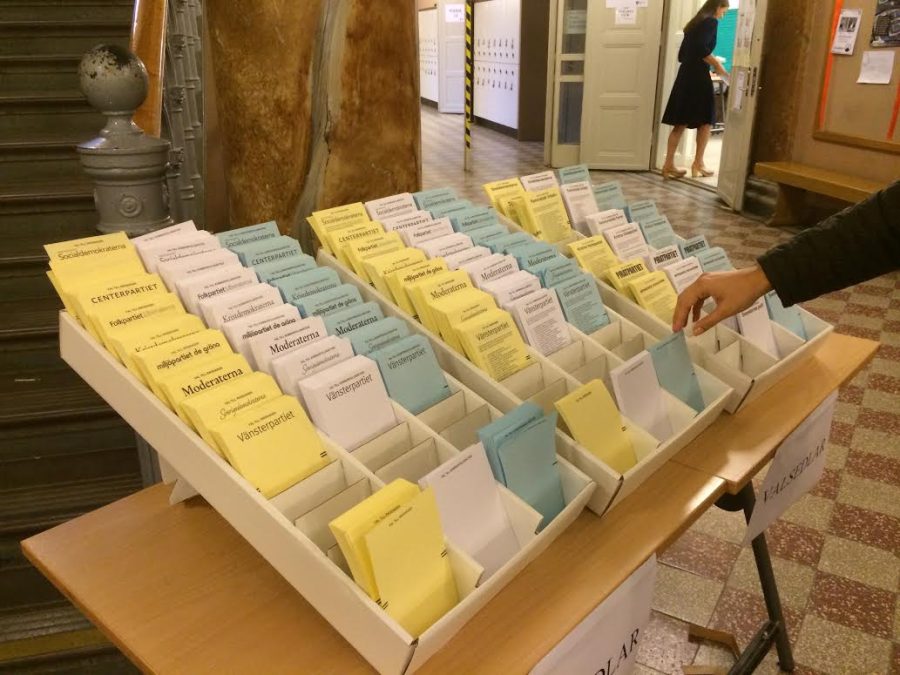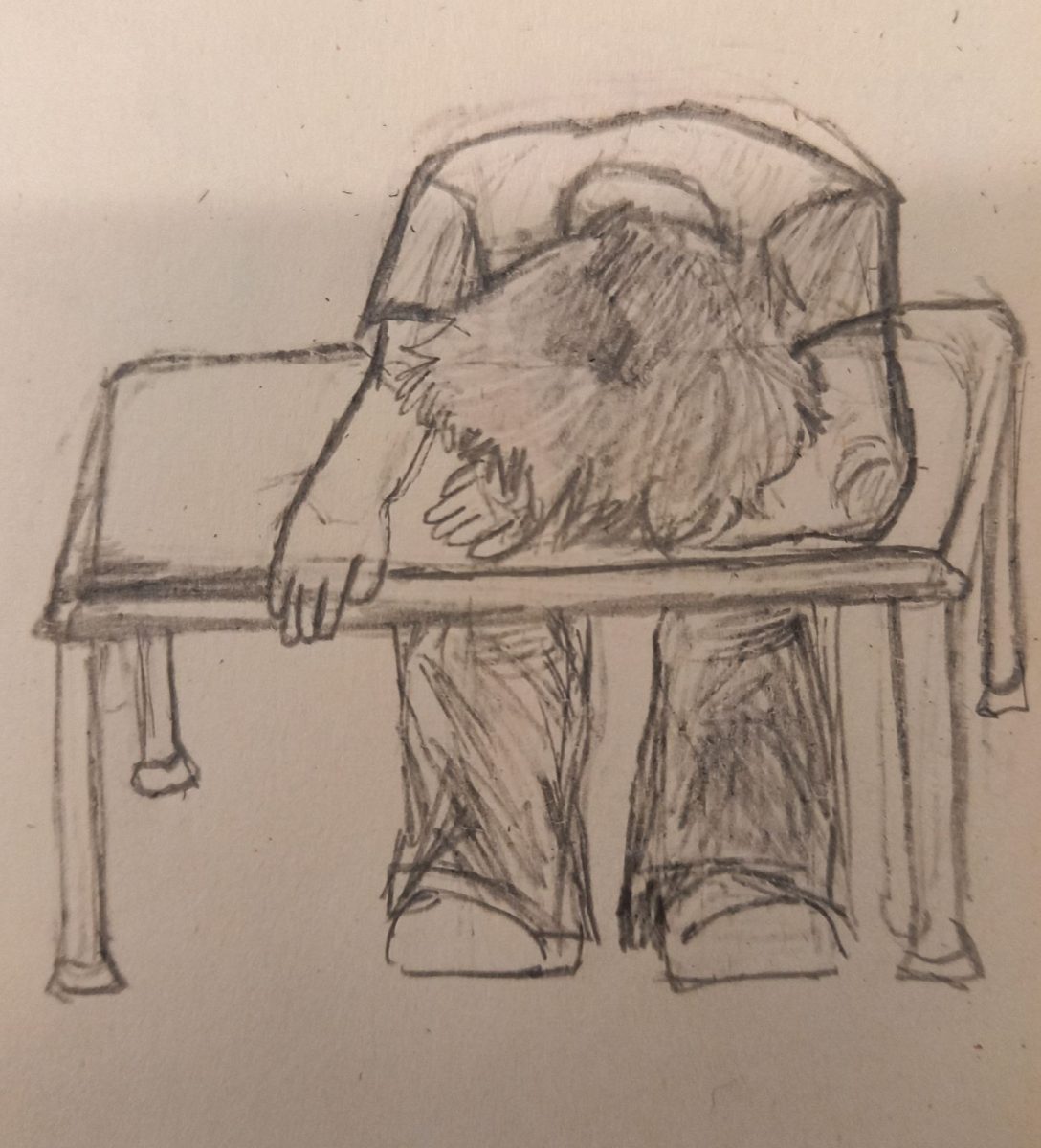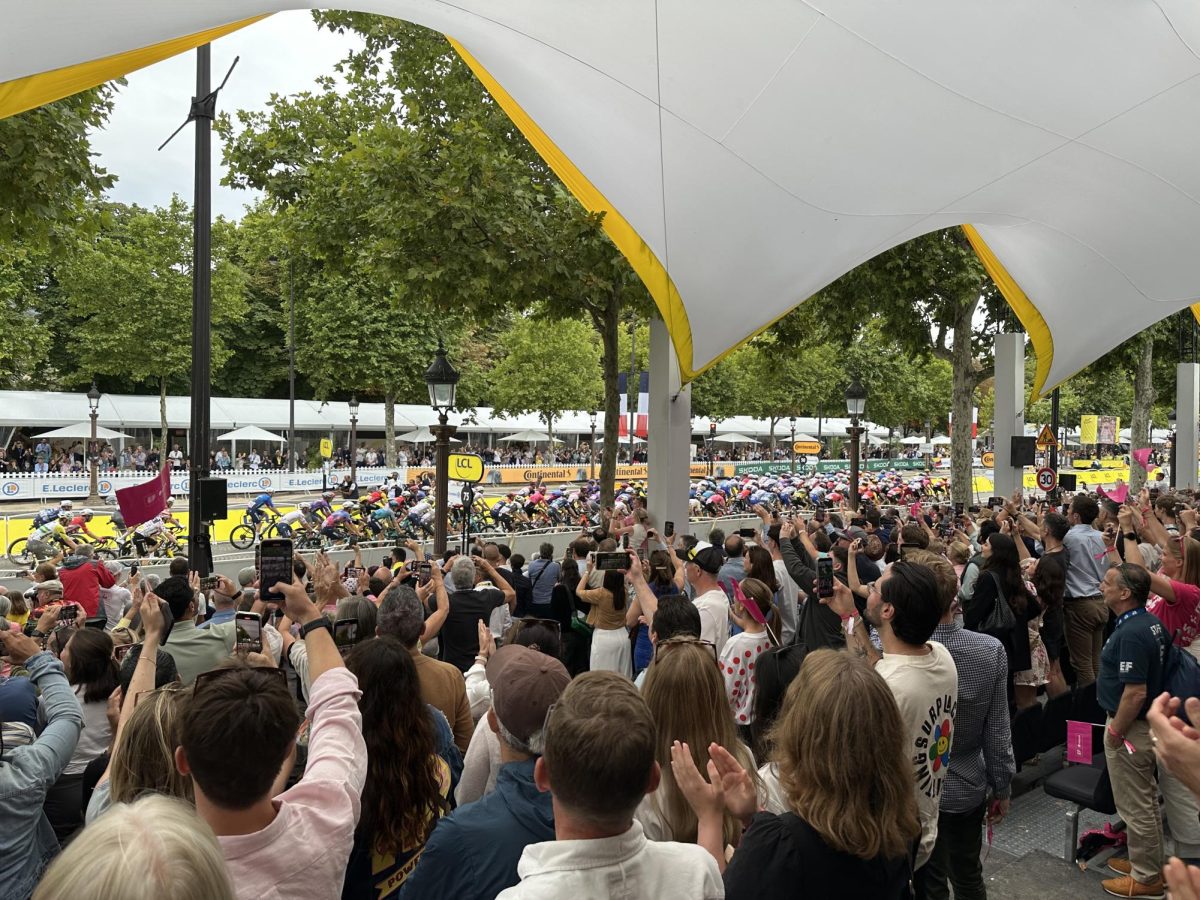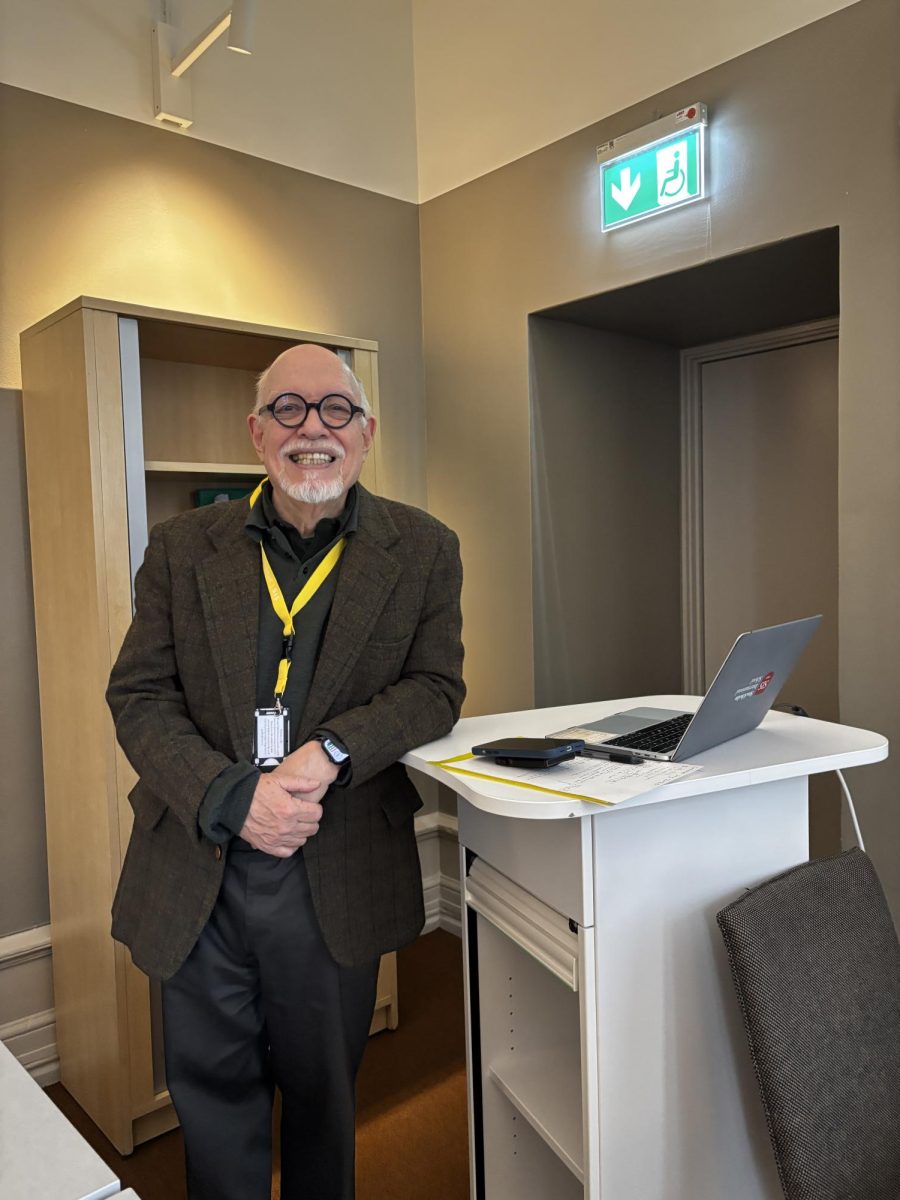Swedish Election Leads to Shift of Political Power – For Better or Worse?
Last week Sweden got the heavily awaited election results. Leticia Lazo, a new writer from DP1, writes about the shift in power and what is to be expected.
September 19, 2022
During election campaigns, there is an excess of adults encouraging other adults to vote. With classic one-liners like ‘If there’s ever a time to vote, it’s now and ‘If not you, who?’ And as expected, said opinions once again echoed through the halls of schools, homes, and even T-Centralen where there’s never a shortage of political representatives trying to recruit underaged teens to their parties. Though it is not wrong it can come off as ‘pushy’ at times, especially this year as the tone of urgency rang stronger than before.
For the last eight years, the center-left bloc has controlled the Swedish parliament, with Stefan Löfven as Prime Minister(PM) for the first seven years. It was only in the last 9 months that Magdelena Andersson took office as the first female PM. Though it was short-lived. As of the morning of Thursday the 15th she officially gave in her resignation to the speaker of parliament stating, “I know a lot of Swedes are concerned. I see your concern and share it.” She then went on to admit to the right-wing bloc’s victory. With former PM Andersson’s resignation, Ulf Kristersson (The Moderate Party leader) is expected to take her place. He announced that “[He] is now starting the work of forming a new effective government. A government for all of Sweden and all citizens.”
At the start of the election, it seemed that the Social Democrats (center-left) would remain in power but as the conclusion drew nearer so did the polls. The far-right Swedish Democrats have their roots in extremist nationalistic views which they’ve worked hard to distance themselves from in the last decade. It has seemingly worked in their favor as their growing popularity won them 20.6 percent of the votes in this year’s election. However, it is the Moderates, the Christian Democrats, the Liberals, and the Swedish Democrats who now have a majority in parliament. Ruling with this coalition will not be an easy task according to political scientist Soren Holmberg from The University of Gothenburg, who says the next four years are likely to be an extremely fragile time for the Swedish parliamentary democracy, with the varying political views within the right-wing bloc.
What does the shift really mean and what is it the Swedish people are looking for? It seems as if the Swedish public wants change and is most concerned by rising crime rates and energy prices. Kristersson (Moderate) and Åkesseon (the leader of the Swedish democrats), promise to decrease immigration as a means to ensure security and safety has seemed to attract voters, but at what cost? The right wing, with the exception of the liberals, has often blamed Sweden’s generous immigration policy and multiculturalism for its problems. But as a nation built on its diverse culture, are we willing to put away multiculturalism for the sake of their view of Swedish culture, a specific ‘Swedish culture.’ In reality, ‘Swedish culture’ is that of a melting pot, and wouldn’t be the same without its different influences.







